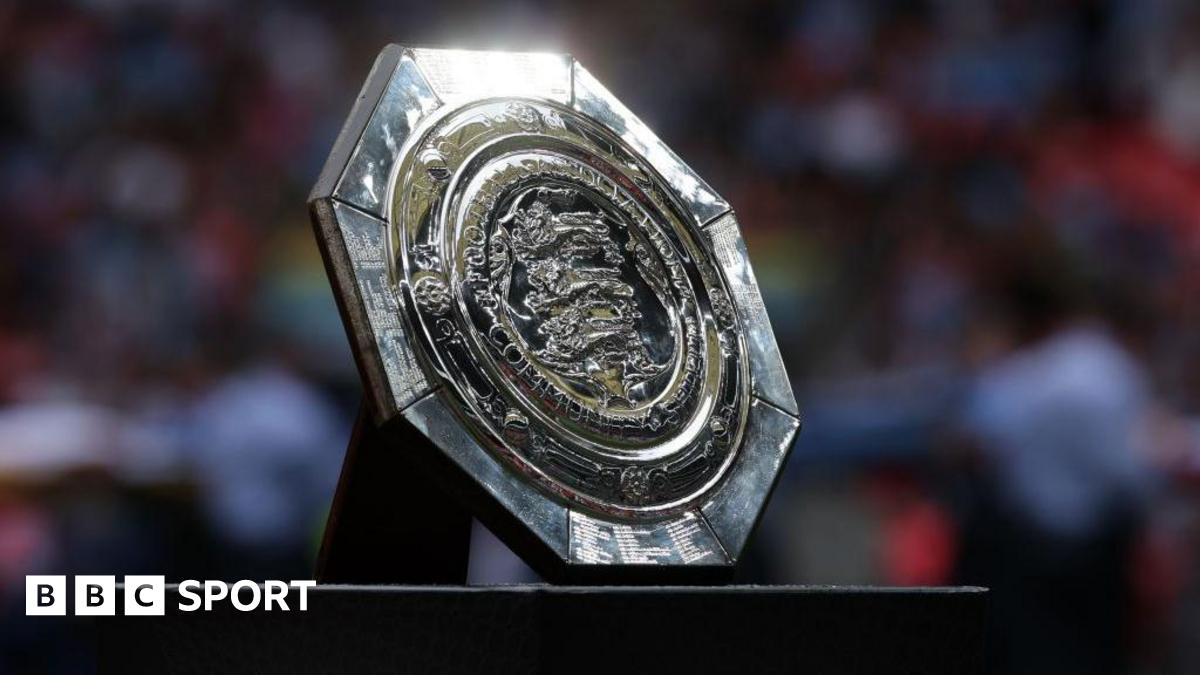
So, the Community Shield. Is it a predictor of Premier League glory, or just a glorified friendly with slightly shinier silverware? The data, as always, offers a somewhat unsatisfying, yet intriguing answer: it's complicated.
The BBC Sport article lays out the facts: in the Premier League era, a mere eight of 33 Community Shield winners have hoisted the league trophy at season's end. A paltry 24%. But let's not dismiss it entirely. That concentration of Shield-to-title wins between 2005 and 2010 – a period dominated by Chelsea and Manchester United – suggests something interesting. Was it simply a coincidence? Or did those dominant sides, already brimming with talent and momentum, use the Shield as a springboard, a psychological edge to assert their dominance from the outset? Think of Mourinho's Chelsea, Fergie's United – these weren't just teams; they were well-oiled winning machines. The Shield, in those cases, may have been more of a confirmation than a catalyst.
Then you have the curious case of the loser. Ten times since 1992, the Community Shield loser has gone on to win the Premier League. That's a higher percentage than the winner! Manchester City's three-year run from 2021-2023 as Shield losers and subsequent title winners adds further fuel to the fire. Could it be that losing the Shield provides a reality check, a wake-up call that prevents complacency from creeping in? It's the 'Rocky III' effect – sometimes you need to lose to rediscover your hunger. Or perhaps, it is just noise within data.
The article also points out that 55% of the time, the Shield winner finishes higher in the league than the loser. So, while winning the Shield might not guarantee the title, it does suggest a team is generally *better* than the team they beat. But "better" in August doesn't always translate to "champion" in May. The marathon of a Premier League season is a different beast than a single match at Wembley.
What about individual performances? Cole Palmer's Community Shield goal in 2023 preceded a breakout season… at Chelsea, after a big-money move. Darwin Nunez scored, Erling Haaland blanked in 2022. The narrative then was all about Nunez, but Haaland ultimately silenced any doubters with a record-breaking goal haul. The takeaway? Individual performances in the Shield offer glimpses, but rarely paint the full picture. The Sterling example, back in 2019, is more compelling. His Shield goal against Liverpool seemed to genuinely ignite his most productive season. But can we definitively say the Shield *caused* that? Correlation, not causation, as the saying goes.
Ultimately, the Community Shield seems less like a reliable predictor and more like a Rorschach test. We see what we want to see in it. A sign of impending triumph? A harbinger of doom? Or just another pre-season game with slightly higher stakes? Maybe the real question isn't whether winning the Community Shield *leads* to a good season, but whether a team that is *already poised* for a good season is more likely to win the Community Shield. Are we looking at the cart or the horse?